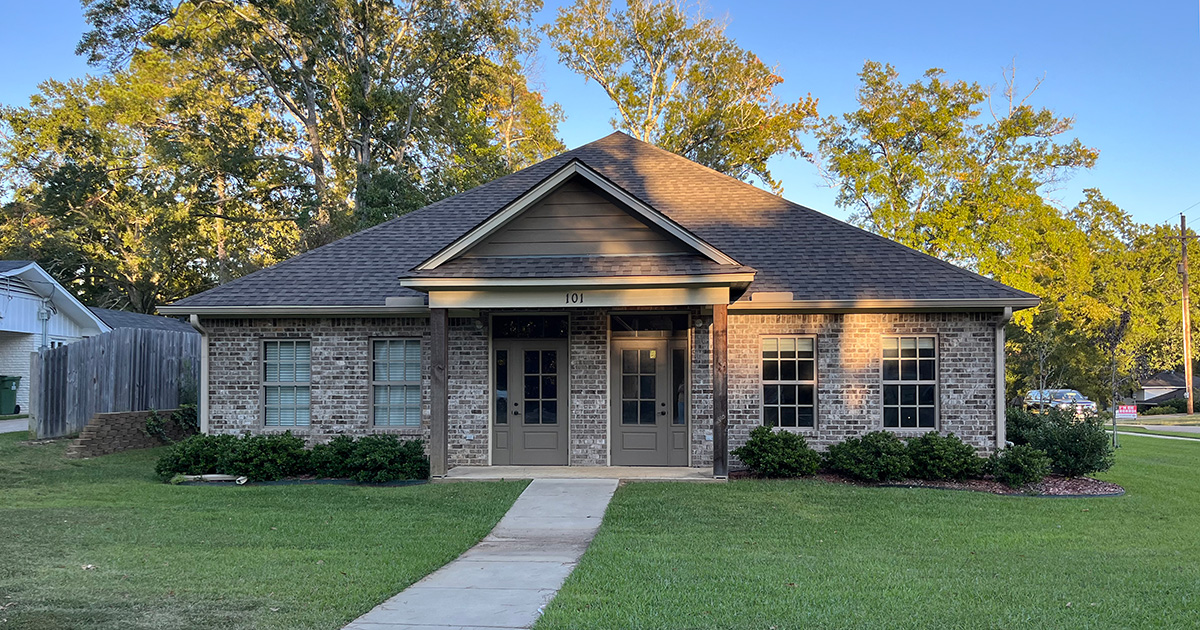Frequently Asked Questions –
My creditors are calling me constantly. If I file bankruptcy, will this stop?
Yes. The filing of a bankruptcy case puts into effect the “automatic stay”, regardless of whether you file a Chapter 13 or a Chapter 7 case, and creditors are prohibited from making any further collections efforts against you (telephone calls, letters, lawsuits, etc.). When you file bankruptcy, you are given a case number, and that is all the creditor needs; any contact thereafter must be directed to your attorney.
My wages are being garnished. If I file bankruptcy, will the garnishment stop?
Yes. The filing of either a Chapter 13 or a Chapter 7 ordinarily stops a garnishment. Typically, as soon as you file your case, your attorney provides the case filing information to the appropriate parties, and the garnishment is immediately terminated.
My vehicle lender just repossessed my vehicle. If I file a bankruptcy, can I get my vehicle back.
Yes, a Chapter 13 bankruptcy typically allows the return of a repossessed vehicle, whether it was repossessed by the lender or by the sheriff or city marshal under a lawsuit filed by the vehicle lender. However, the Chapter 13 case must be filed before the vehicle is sold, and, in a few cases, the vehicle lender, the Trustee, and/or the Court may require something additional before the vehicle can be turned back over to you.
My home is in foreclosure, and the sheriff’s sale date is coming up. Can I file bankruptcy and stop the sheriff’s sale?
Yes. The filing of either a Chapter 7 or Chapter 7 will generally stop the sale; however, the case must be filed before the house is sold by the sheriff. If you wish to retain your home, you will likely need to file a Chapter 13 case to do so if you home is in foreclosure, as a Chapter 7 will typically only temporarily delay the sale.
I want to file a bankruptcy but my spouse doesn’t need or want to file with me. Is this possible?
Yes. No one can be forced to file a bankruptcy case just because their spouse chooses to file. In many cases, both spouses will file together, whether the case is a Chapter 7 or a Chapter 13 case. However, in some cases, one spouse does not want to file or perhaps should not or even cannot file, for one or more reasons. In these cases, it is important for the attorney to be fully apprised of all the relevant facts about the overall situation, as there can be complications that need to be addressed.
I’m current on my house payment but I need to file a Chapter 13. Do I have to put my home loan in my Chapter 13 plan and pay it through the Trustee?
Generally, no. In the Monroe Division, at this time, if you are current on your home payment, you are permitted to continue to make these payments directly to your home lender.
I filed a Chapter 13 once before, but I lost my job and wasn’t able to complete my case. Can I now file another Chapter 13?
Probably so. When a Chapter 13 case is dismissed, the Court will typically dismiss the case either with or without what is known as a “109(g) finding”. If your case was dismissed with a 109(g) finding, you will prohibited from filing another case for 180 days (roughly 6 months) but if the dismissal is without such a finding, you can ordinarily re-file another Chapter 13 case right away. However, if you file a Chapter 13 case within one (1) year of your prior case being dismissed, you will have to file a special motion with the Court, explaining the circumstances of your prior case’s dismissal (and why this case will likely succeed), in order for the Court to allow the bankruptcy protections in the new case to continue. If your prior Chapter 13 case was dismissed more than one (1) year ago, you typically do not have to file this special motion. Many people encounter circumstances during their Chapter 13 case, such as job loss or divorce, which leads to a dismissal of their Chapter 13 case, either voluntarily or by order the Trustee or Court. If this has happened to you, and you feel you now are in a position to successfully be in a new Chapter 13 case (or a Chapter 7 case), you should consult an attorney regarding your rights and obligations under bankruptcy law.
My wages are being garnished. If I file bankruptcy, will the garnishment stop?
Your content goes here. Edit or remove this text inline or in the module Content settings. You can also style every aspect of this content in the module Design settings and even apply custom CSS to this text in the module Advanced settings.
*The information provided is for general information purposes only. Every bankruptcy case is different, and each person or couple’s situation is different. Bankruptcy law is complicated, and you should seek legal counsel in order to determine what laws apply in your case as well as seeking legal advice specific to your situation. In addition, bankruptcy law as well as the rules, practices and procedures of the Court and Trustee, are subject to change at any time, and often do.
About The Firm
Our firm is located in Ruston Louisiana where we focus on having a smaller practice devoted to addressing our clients’ needs, developing a meaningful attorney- client relationship, and resolving their financial issues in a way that best suits their situation.
